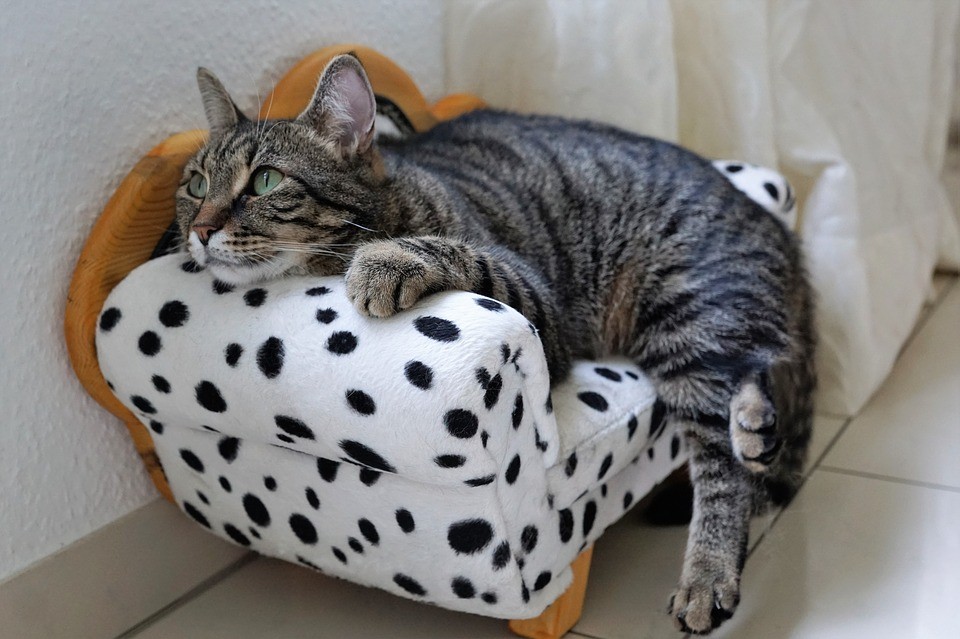Second wave burnout is real.
Regardless of what you do, it is common to be experiencing burnout with COVID and the added stress that it brings. There seems to be an increased divide in beliefs, which can be an added strain as well. It is hard to feel like “we are all in this together” when there are folks who protest what needs to be done to protect others. This, combined with being a helping professional in isolation and the colder and greyer weather has affected me.

While it is common to feel this way, it doesn’t mean it should be accepted or tolerated. Coping is not synonymous with acceptance or tolerance. Burnout can have effects both mentally and physically on a person and it’s important we do what we can to protect ourselves, and advocate for support from others.
Here are ten ways to cope with burnout:
- Taking breaks and stepping away. If I notice that I am not being productive in my work, or am staring aimlessly at the wall during my free time, I step away. Whether it is to get a drink of water or to do something different for a few minutes.
- Finding time for things I enjoy. This one is more of a “do as I say, not as I do” as I am not the most successful at this. One thing I try to prioritize is attempting the NY Times Crossword each day.
- Being vocal about it to normalize and find community. If you know me personally, you will know that I’ve been documenting how I’ve been doing each week in the pandemic. By doing so, others are reaching out and speaking up on how they’re doing.
- Asking for help. I am not a superhero, and neither are you. Connect with a doctor. Normalize asking for help, whether it is from a supervisor at work, a therapist, or a friend.
- Listening to my body cues. I have a pretty keen awareness of my body and what it needs, which definitely increased during this pandemic. For example, pay attention to your body temperature, and your heart rate.
- Go outside. I try to get outside most days for at least a 30-minute walk. I find that the chill of the weather and change in activity helps interrupt whatever pattern my mind and body were in beforehand.
- Grounding. Sometimes, being in burnout can lead to your mind spiralling, overthinking and increased anxiety. Grounding strategies like guided visualizations, deep breathing, and becoming aware of the senses around you can bring you back into the room.
- Cuddling my cat. Enough said.
- Leaning on friends and family. As much as we may be over the ZOOM parties of the early pandemic days, I’m really enjoying one on one Facetime and video calls with family and friends.
- Being easy on myself. It’s okay to not be okay.
What are you doing to help yourself through burnout? Comment below.
Written by Alana Kaplan, Project Manager for the I Am Resilient Project.
